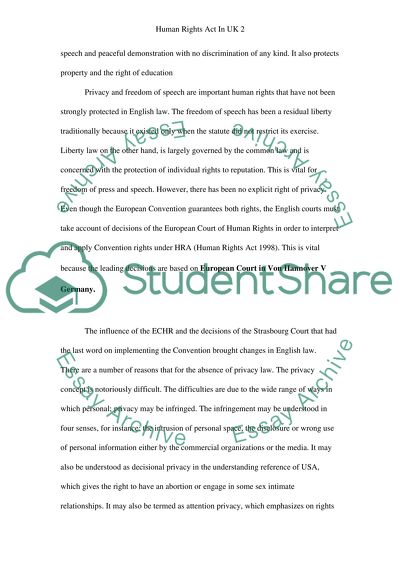Cite this document
(“Human Rights and the Privacy law Essay Example | Topics and Well Written Essays - 1250 words”, n.d.)
Human Rights and the Privacy law Essay Example | Topics and Well Written Essays - 1250 words. Retrieved from https://studentshare.org/law/1638156-human-rights-privacy-law
Human Rights and the Privacy law Essay Example | Topics and Well Written Essays - 1250 words. Retrieved from https://studentshare.org/law/1638156-human-rights-privacy-law
(Human Rights and the Privacy Law Essay Example | Topics and Well Written Essays - 1250 Words)
Human Rights and the Privacy Law Essay Example | Topics and Well Written Essays - 1250 Words. https://studentshare.org/law/1638156-human-rights-privacy-law.
Human Rights and the Privacy Law Essay Example | Topics and Well Written Essays - 1250 Words. https://studentshare.org/law/1638156-human-rights-privacy-law.
“Human Rights and the Privacy Law Essay Example | Topics and Well Written Essays - 1250 Words”, n.d. https://studentshare.org/law/1638156-human-rights-privacy-law.


